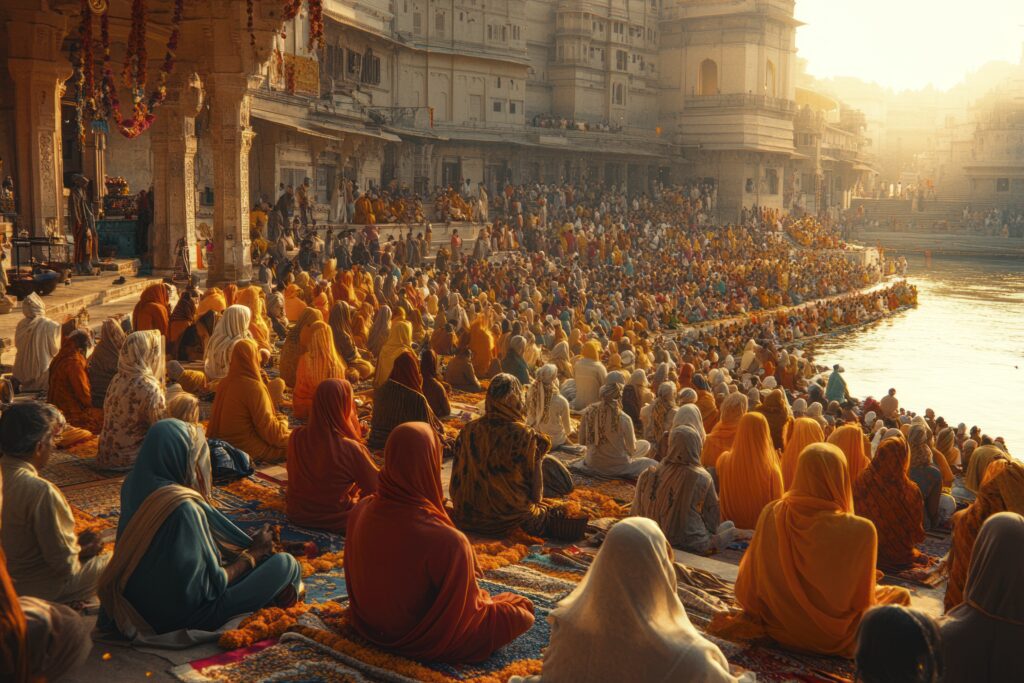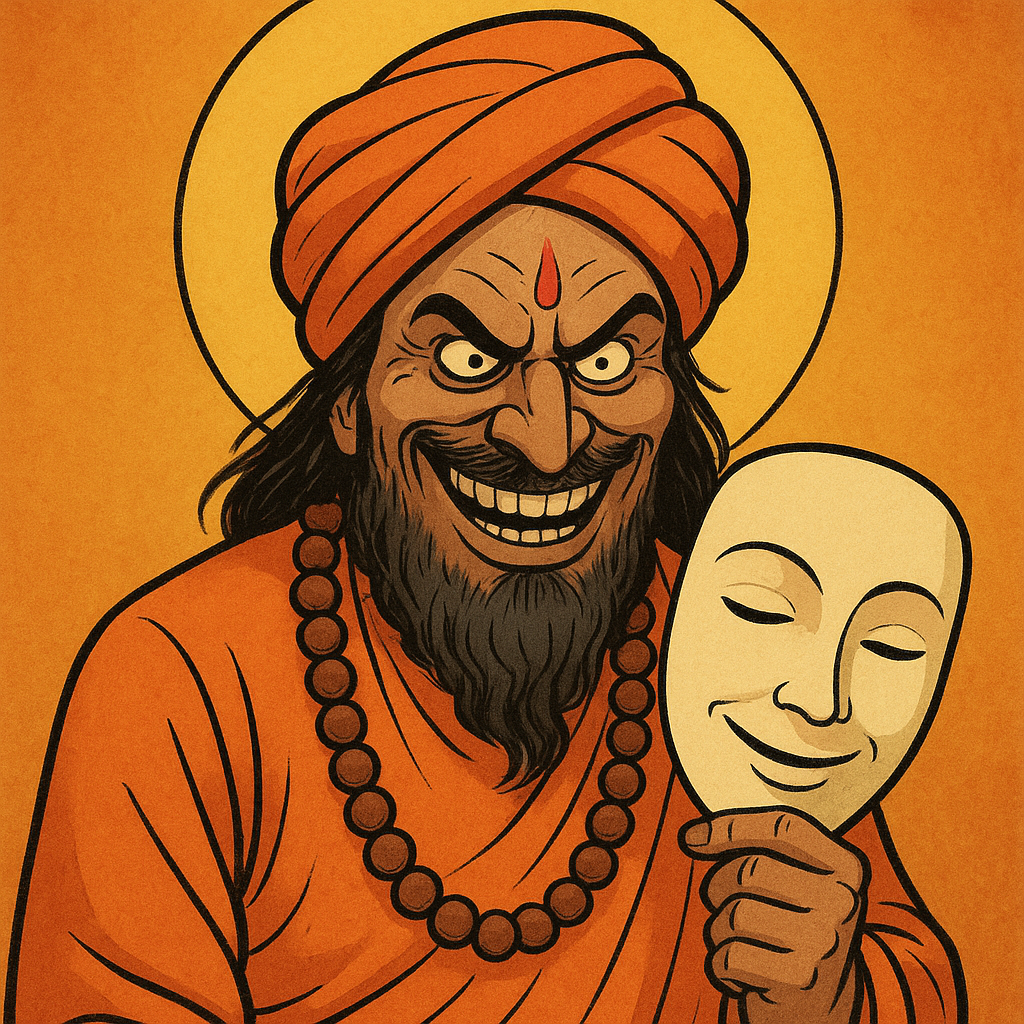Pragya Anji
India has always been a land of deep emotions — a country where decisions, from marriages to elections, are often guided more by belief than by logic. Faith shapes our daily life. But in modern India, faith has also quietly become a flourishing business.

The “faith industry,” as many now call it, thrives on one simple truth — emotion sells. And in a country of 1.4 billion people seeking solace, guidance, or miracles, belief is a highly marketable commodity.
Unlike other enterprises, the faith business needs very little investment. A camera, robes, a stage, and a few devoted listeners are often enough to start a spiritual empire. Charismatic “Babas”, “Maulanas” and “Matas” don’t need factories or logistics — just stories that connect emotionally and content that spreads online.
The irony is that faith entrepreneurship flourishes in a country where genuine spirituality once thrived. Figures like Buddha, Adi Shankaracharya, and Swami Vivekananda never commercialized their beliefs. They spoke what they felt; people followed because they found truth, not branding.

Today, however, the line between a guru and a performer has blurred. Many self-styled godmen have built multimedia empires, running YouTube channels, wellness brands, and real estate ventures — all in the name of spirituality.
Every few years, India is jolted by news of yet another “Baba” involved in heinous crimes — sexual assault, financial fraud, even murder. From Asaram Bapu to Gurmeet Ram Rahim Singh, the pattern repeats itself. There’s public outrage, arrests, and court convictions — and then, a slow, baffling return to normalcy.
Ram Rahim, for instance, was convicted of raping his followers, yet continues to give spiritual discourses while on parole. What does that say about our collective conscience? Why does the state allow faith to outweigh justice?
The answer, perhaps uncomfortably, lies in us. These godmen exist because we made them possible.
Every time a self-styled guru holds a “spiritual discourse,” the crowd swells into thousands. More than half the audience is often women, drawn by a mix of devotion, hope, and cultural conditioning. Ironically, many of these women later become victims of the same figures they once revered.
The cycle continues because people are seeking comfort, not critical thinking. Faith provides identity, community, and belonging — all precious in a world that feels increasingly unstable. And those who can speak to these emotions wield enormous power.
Today’s ashrams are no longer quiet spaces of reflection. They are influence factories — equipped with production studios, PR teams, and digital strategists. Spiritual discourses are edited like talk shows and streamed live to millions.
The guru becomes an influencer; the message becomes content. What was once a path to liberation has, for many, become a performance of faith.
Given the scale and influence of these institutions, the question of accountability is critical. Why is there no regulatory body overseeing the finances and activities of religious organizations?
If NGOs and corporations must disclose their income and governance structures, shouldn’t ashrams and spiritual trusts do the same? Transparency does not dilute faith — it protects it. It ensures that spirituality remains a force for good, not a tool for exploitation.
As a society, we must learn to distinguish between faith and fanaticism. To believe deeply does not mean to follow blindly. The teachings of genuine spiritual leaders were rooted in questioning, not compliance.
I am a proud Hindu — but I don’t believe my devotion should make me loud or unquestioning. Faith should be personal, not performative.
The faith business in India isn’t just a story about greedy gurus or gullible followers. It’s a mirror reflecting the emotional economy of our society. The only way to change it is through awareness — by raising a generation that values reason as much as reverence.
True spirituality should liberate the mind, not blind it. And it’s time we all learn the difference.
